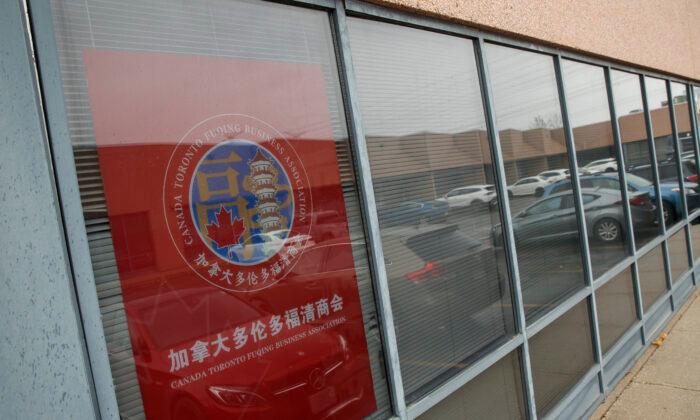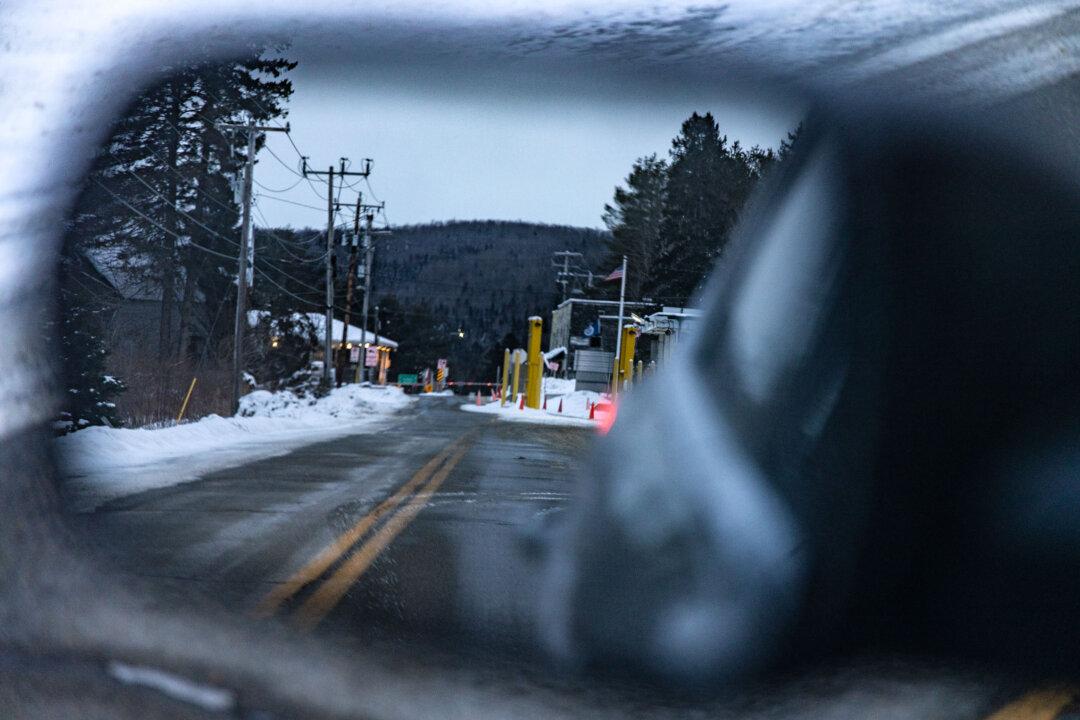Beijing’s operation of over 100 overseas police stations worldwide—with some allegedly used for transnational repression—has inspired other authoritarian regimes to “copy” such efforts, MPs on the House Canada-China committee heard on March 20.
Expert witness Laura Harth, campaign director for human rights NGO Safeguard Defenders, was asked by Liberal MP Peter Fragiskatos at the committee meeting if China was the only country to have established clandestine police service centres abroad. In response, she said while no other authoritarian countries have yet done so, they are starting to learn from China’s experience.
“Transnational repression is definitely being used by all authoritarian regimes and to a growing extent, which is another reason why we believe it’s so important to be very clear that this will not be accepted, because we do see countries learning from each other. Also, smaller authoritarian countries are starting to learn from those efforts and copying,” she said at the committee meeting.
“The scale on which the Chinese Communist Party is operating these [overseas police service centres] is unparalleled.”
The RCMP previously announced that four of those police stations—three in the GTA and one in Vancouver—have ceased operation. The Epoch Times previously inquired about whether the RCMP is also looking into the fifth location in B.C. but didn’t hear back.
Safeguard Defenders previously said its reports have prompted 14 countries to launch investigations into the alleged Chinese police service stations within their jurisdictions.
“There have been some more countries that have announced investigations, not all of them are very open on the extent to which they are doing that,” Harth told MPs.

Harth noted that Beijing’s interference in Canada has long been documented, but warnings from dissidents and rights groups have gone unaddressed by authorities, leading to increasingly “brazen violations of national sovereignty” by Beijing.
“I think Canada—as any other democracy in the world—has for too long a time closed its eyes to everything that’s going on, maybe hoping it would go away if we just didn’t look at it,” she said. “That has obviously only allowed these operations to grow, putting us today at increased risk.”
However, she noted that the police and public responses to the news of Chinese police stations in Canada “are among the best that we’ve seen in the world.”
“It’s painful, it’s going to be hard getting through this, but it’s important that this [interference] is out in the public and that the society can take stock of everything that’s going on because awareness is the first step to actually addressing the issue,” Harth said.





